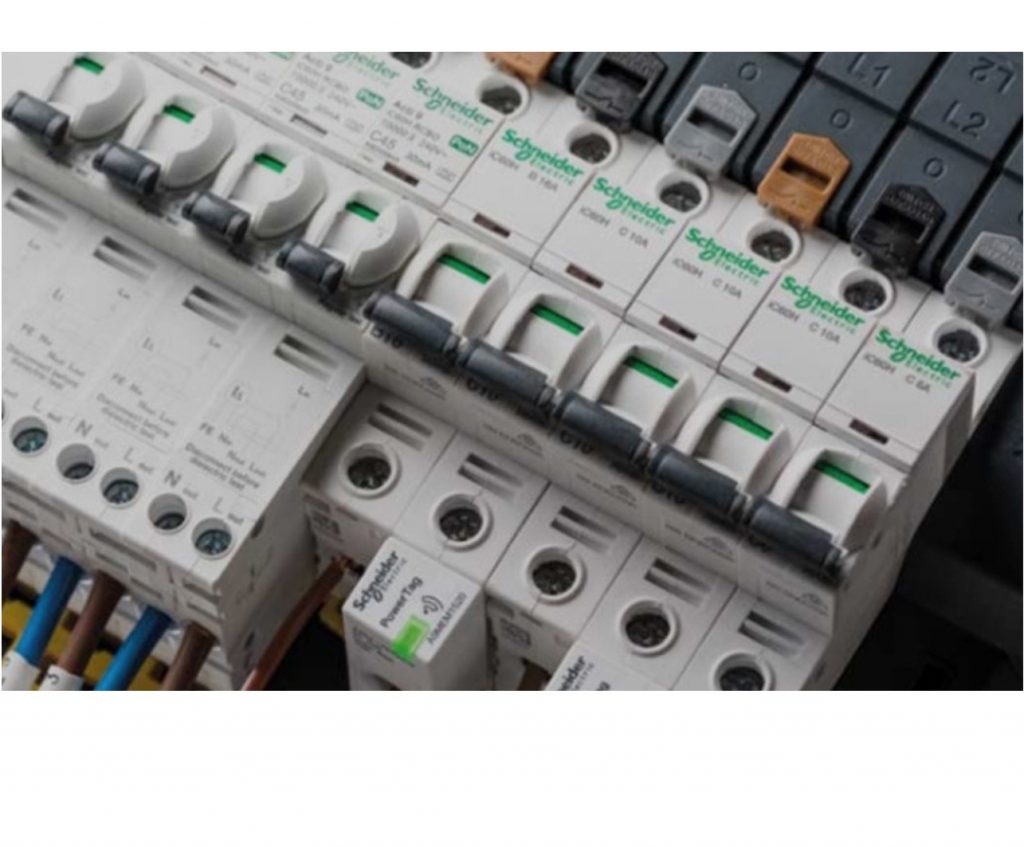What are the regulations surrounding fixed wire testing in commercial properties?
Fixed Wire testing, which involves testing the safety of the circuits around your building or buildings, is required in order to demonstrate compliance with laws including the Electricity at Work Regulations and the Health & Safety at Work Act.
What the Regulations Say
The Health & Safety at Work Act 1974 is statutory legislation placing responsibility on employers to ensure the health, safety and welfare of everyone in the workplace, including visitors, contractors, members of the public and employees).
The Electricity at Work Regulations 1989 state that “all systems shall be maintained so as to prevent, so far as is reasonably practicable, such danger.”
This explicitly places a requirement on the employer to maintain electrical systems adequately in order to protect employees, visitors and other users of the space.
Compliance Requirements
Both of these laws are enforced by the UK Government – in particular the HSE (Health & Safety Executive).
The latest definitions of acceptable safety standards of electrical installations is defined by the British Standard BS7671 and published as the IET Wiring Regulations.
The latest version of these regulations first published in 2018 are known as the 18th Edition Wiring Regulations and came into effect on 1st January 2019.
This means that all electrical installations must be installed and maintained in accordance with BS7671:2018. Failure to do so means employers are not compliant with the Health & Safety at Work Act nor the Electricity at Work Regulations, which leaves employers exposed to legal action in the event of an incident or accident.
Many commercial insurers now require evidence of compliance in the form of an up to date Electrical Installation Condition Report (EICR) completed by suitably qualified and experienced persons, usually specialist electrical contractors such as Intersafe.
Do you require Fixed Wire Testing at your workplace? Contact Intersafe




